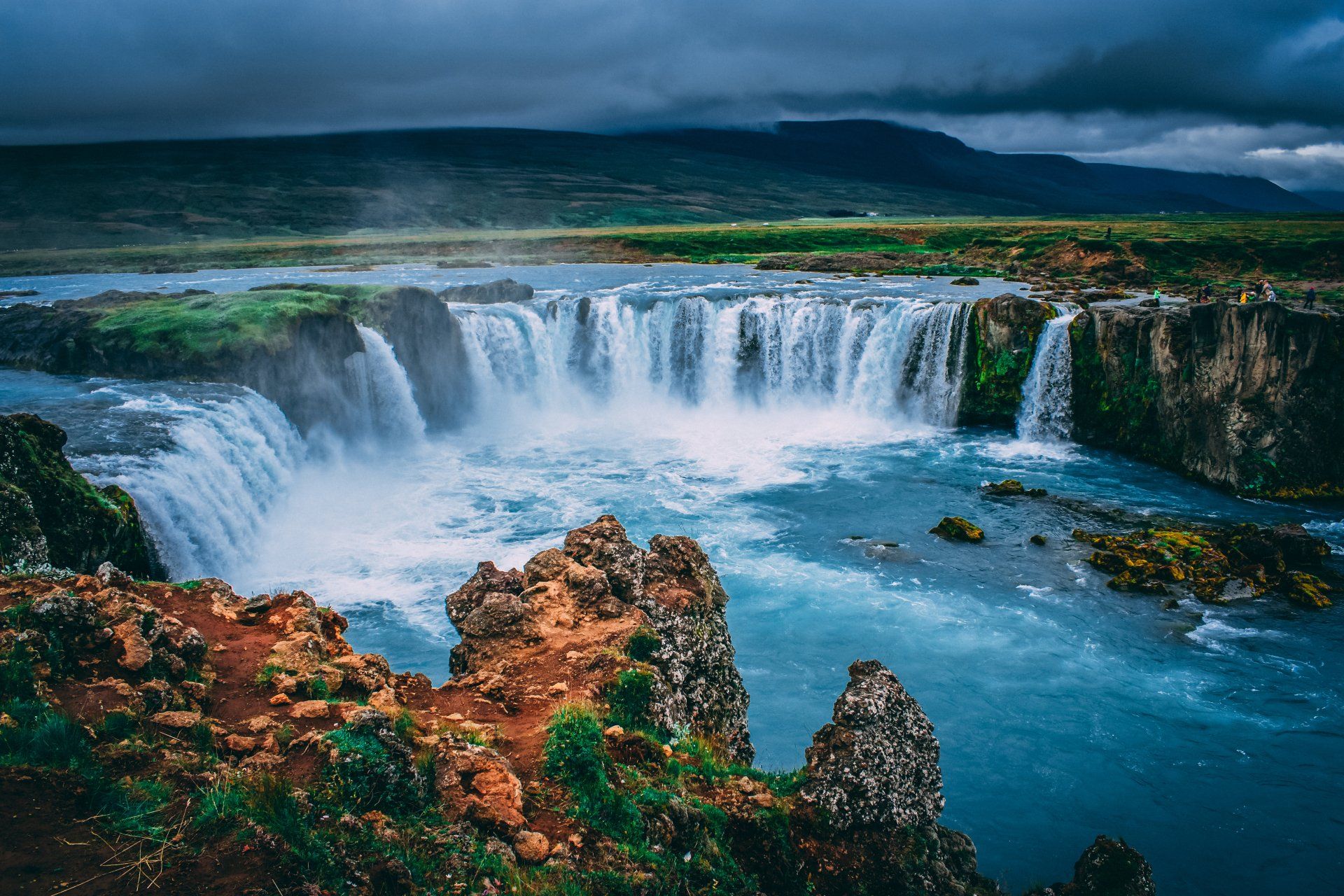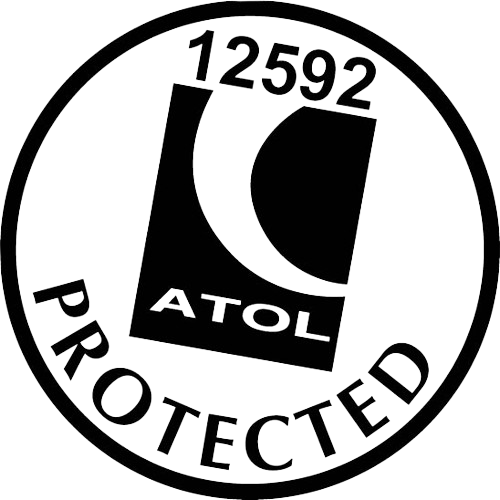Iceland
Iceland
Iceland, a country where nature's forces have sculpted a landscape of stark beauty and dramatic contrasts, invites adventurers and nature lovers to explore its unique terrain. Known for its volcanic activity, vast glaciers, and cascading waterfalls, Iceland offers a glimpse into the raw power of the natural world.
Reykjavik, the northernmost capital of the world, stands as a beacon of culture and modernity against the backdrop of Iceland's rugged environment. This compact city is celebrated for its commitment to sustainability, vibrant arts scene, and a nightlife that pulses with energy under the midnight sun or the Northern Lights, depending on the season.
The Icelandic spirit is marked by resilience and a close connection to the land, evident in the local customs, folklore, and traditions that celebrate the country’s Viking heritage. Iceland’s festivals, such as the Reykjavik Arts Festival and the ancient celebration of the summer solstice, draw visitors into a world where the past and present merge seamlessly.
Iceland, a country where nature's forces have sculpted a landscape of stark beauty and dramatic contrasts, invites adventurers and nature lovers to explore its unique terrain. Known for its volcanic activity, vast glaciers, and cascading waterfalls, Iceland offers a glimpse into the raw power of the natural world.
Reykjavik, the northernmost capital of the world, stands as a beacon of culture and modernity against the backdrop of Iceland's rugged environment. This compact city is celebrated for its commitment to sustainability, vibrant arts scene, and a nightlife that pulses with energy under the midnight sun or the Northern Lights, depending on the season.
The Icelandic spirit is marked by resilience and a close connection to the land, evident in the local customs, folklore, and traditions that celebrate the country’s Viking heritage. Iceland’s festivals, such as the Reykjavik Arts Festival and the ancient celebration of the summer solstice, draw visitors into a world where the past and present merge seamlessly.

Iceland, a country of stark contrasts and natural wonders, is located at the juncture of the North Atlantic and Arctic oceans, on the Mid-Atlantic Ridge where the North American and Eurasian plates pull apart. Known for its dramatic landscapes, Iceland is a land of volcanoes, geysers, hot springs, waterfalls, glaciers, and black-sand beaches.
Iceland’s culture is deeply intertwined with its Viking heritage, which is celebrated in numerous museums and annual festivals that help to keep the rich history alive for both Icelanders and visitors. The Icelandic language, with roots in Old Norse, also speaks volumes about the nation’s efforts to preserve its historical heritage.
The climate in Iceland is subarctic, though tempered significantly by the Gulf Stream, which gives it milder winters than might be expected at such a high latitude. Despite its proximity to the Arctic, the coastal weather features cool summers and relatively mild winters, albeit with frequent changes and occasional stormy conditions.
Iceland's climate is classified as subarctic, characterized by cool summers and cold winters, though the temperature is moderated by the Gulf Stream, making it milder than other locations at similar latitudes. Reykjavik experiences its peak tourist season during the summer months of June to August when the weather is most favorable, and the days are longest, offering nearly 24 hours of daylight, known as the "Midnight Sun."
Winter in Reykjavik offers its own charm, particularly for those eager to witness the Aurora Borealis or Northern Lights, best seen from September to April. This season also invites winter sports enthusiasts to enjoy snowmobiling, skiing, and ice caving. Visitors should be prepared for rapidly changing weather conditions year-round, with waterproof and windproof clothing being essentials for any trip to Iceland.
Rain and wind are common throughout the year, so it's wise for travelers to pack accordingly. Layering is key to enjoying iceland's outdoors, allowing visitors to adapt to varying temperatures and conditions comfortably.
Currency: Icelandic Króna (ISK)
Time Difference: GMT (Iceland does not observe Daylight Saving Time)
Estimated flight time: Approximately 3 hours
Visa: Iceland is part of the Schengen Agreement; non-EU citizens may require a visa.
Spoken Language: Icelandic is the official language; English is widely spoken, especially in tourist areas.
Tipping Culture: Tipping is not customary in Iceland; service charges are usually included in prices.
Our Holiday Destinations
New paragraph
Reykjavik
Experience the vibrant heart of Iceland in Reykjavik, where eclectic architecture meets rich cultural heritage. Explore world-class museums, soak in the Blue Lagoon, and marvel at the Northern Lights, all while enjoying the warm hospitality of Iceland's capital.

